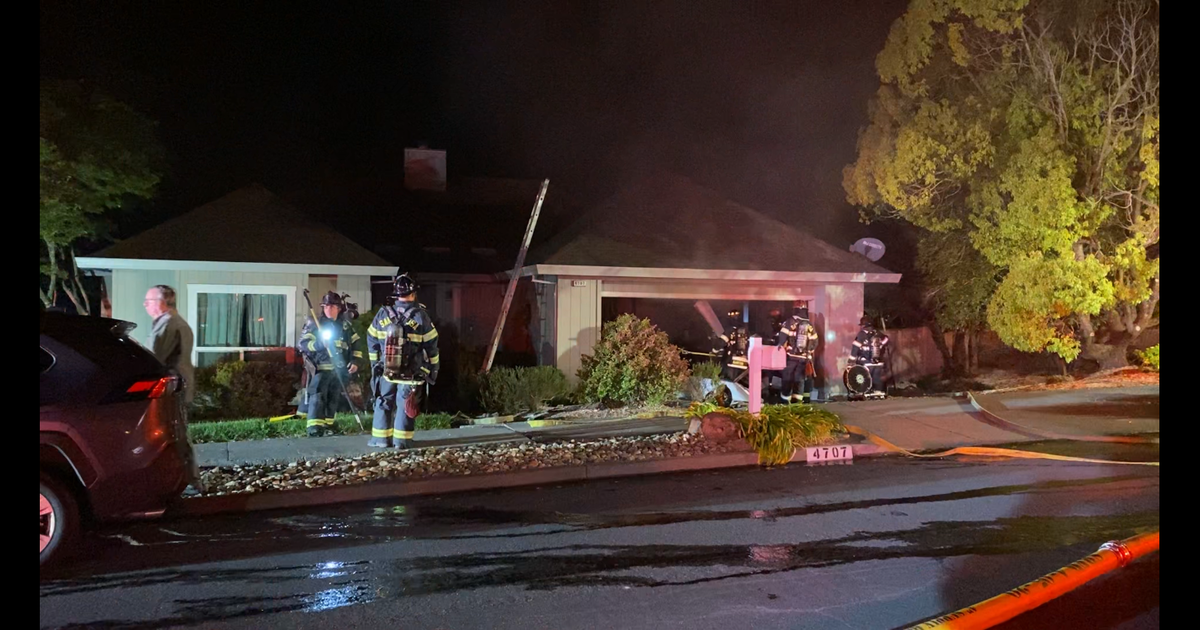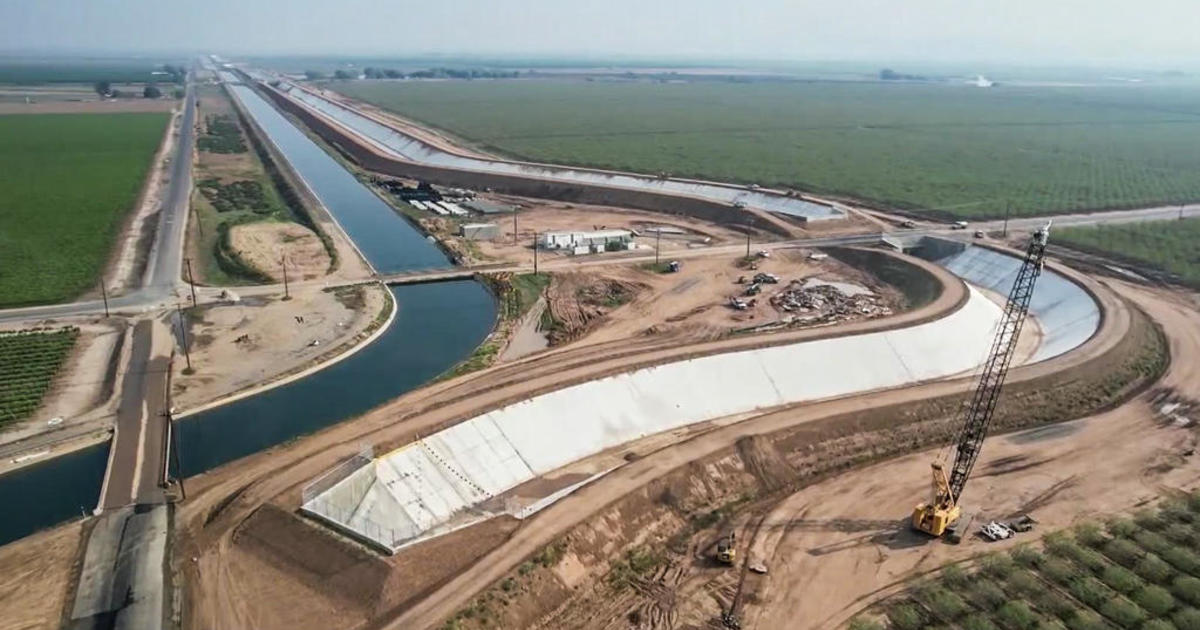Dixie Fire Update: Thunderstorms, Heat Fuel Still-Growing Wildfires
QUINCY (AP) -- Thousands of Northern California homes were threatened Sunday by the nation's largest wildfire and officials warned the danger of new blazes erupting across the West was high because of unstable weather.
Thunderstorms that moved in starting Friday didn't produce much rain but whipped up winds and generated lightning strikes across the northern Sierra where crews were battling the month-old Dixie Fire. Extreme heat returned Sunday with temperatures expected to top 100 degrees.
"We're definitely still dealing with the possibility of lightning. Winds are all over the place. Things are going to be pretty unstable for the next couple days," said fire spokesman Edwin Zuniga.
Gusts of up to 50 mph on Saturday pushed flames closer to Janesville, a town of about 1,500 people just east of Greenville, the small gold rush-era community decimated by the fire 10 days ago.
James Reichle evacuated from Greenville and has been sleeping with his dog in a trailer outside a church. His home survived the flames but he's been unable to return because the roads are closed. He said he feels for his neighbors at the evacuation center who lost everything.
"These are all people who either don't have a home or don't have access to a home. I still have a house standing, no damage. But I can't get into it," he said Saturday.
The Dixie Fire was the largest among more than 100 big blazes burning in more than a dozen states in the West, a region seared by drought and hot, bone-dry weather that turned forests, brushlands, meadows and pastures into tinder.
The U.S. Forest Service said Friday it is operating in crisis mode, fully deploying firefighters and maxing out its support system.
The roughly 21,000 federal firefighters working on the ground is more than double the number of firefighters sent to contain forest fires at this time a year ago, said Anthony Scardina, a deputy forester for the agency's Pacific Southwest region.
More than 6,000 firefighters alone were battling the Dixie Fire, which has ravaged nearly 867 square miles -- an area the size of Tokyo. It was 31% contained on Sunday.
More than 1,000 homes and businesses have been destroyed and nearly 15,000 structures were still under threat.
The cause has not been determined. Pacific Gas and Electric has said the fire may have been sparked when a tree fell on its power line.
Meanwhile, a small wildfire that blew up Saturday east of Salt Lake City, temporarily shutting down Interstate 80 and leading to evacuation orders for some 8,000 residences, was caused by a vehicle with a malfunctioning catalytic converter, Utah Fire Info said.
The Parleys Canyon Fire, estimated at just under a square mile (2.4 square kilometers), calmed significantly overnight and homes were no longer threatened, officials said Sunday.
In southeastern Montana, firefighters gained ground on a pair of blazes that chewed through vast rangelands and at one point threatened the Northern Cheyenne Indian Reservation.
The fires were caused by heat from coal seams, the deposits of coal found in the ground in the area, said Peggy Miller, a spokeswoman for the fires.
Mandatory evacuations for the tribal headquarters town of Lame Deer remained in place Saturday because of poor air quality.
Smoke also drove air pollution levels to unhealthy or very unhealthy levels in parts of Northern California, Oregon and Idaho.
In southeastern Oregon, two wildfires started by lightning Thursday spread rapidly through juniper trees, sagebrush and evergreen trees.
The Patton Meadow Fire just west of Lakeview, near the California border, exploded to 11 square miles (28 square kilometers) in less than 24 hours in a landscape sucked dry by extreme drought.
Hot weather and bone-dry conditions in Oregon could increase fire risks through the weekend, forecasters said.
Climate change has made the U.S. West warmer and drier in the past 30 years and will continue to make the weather more extreme and wildfires more destructive, according to scientists.
© Copyright 2021 Associated Press. All Rights Reserved. This material may not be published, broadcast, rewritten or redistributed



